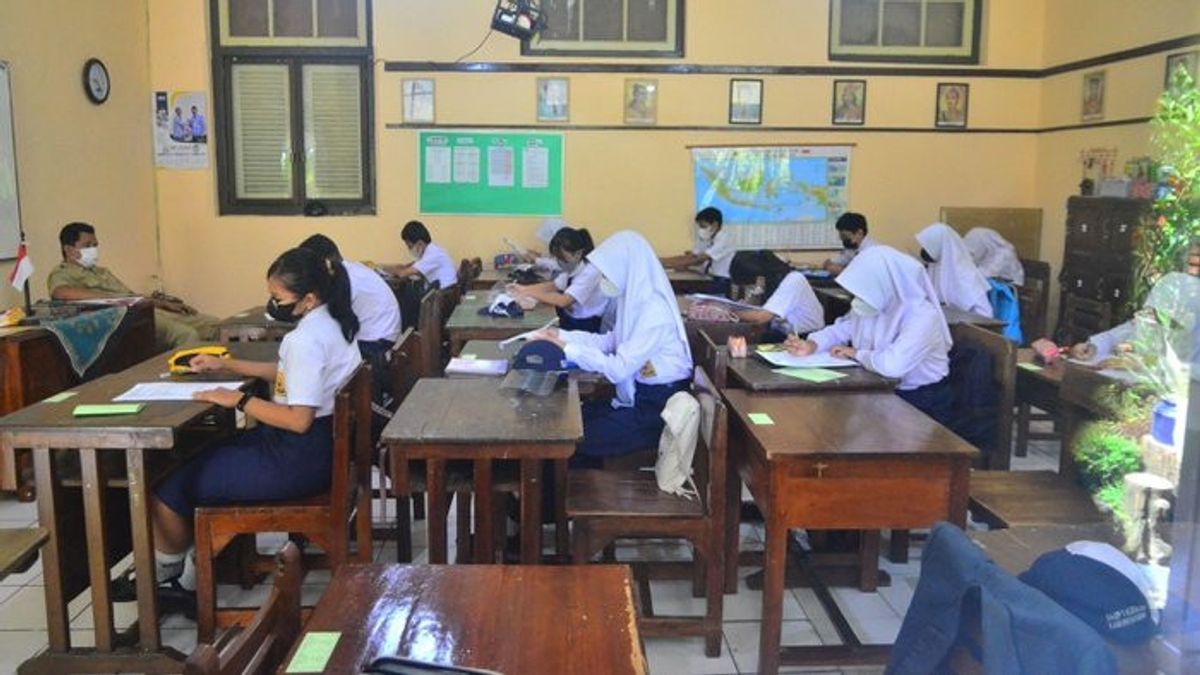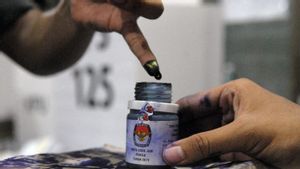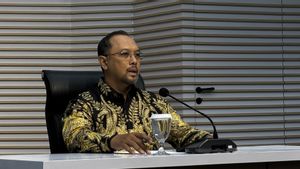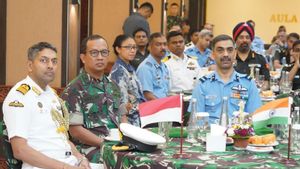JAKARTA - The month of Ramadan is often celebrated with joy. In Indonesia, for example. The holy month of Ramadan is never celebrated in moderation. In fact, since the Dutch colonial era. The colonial government, which was carrying out the Ethical Policy, allowed school children to have holidays during the month of Ramadan.
The dominance of Muslims is the estuary. However, this custom was changed by the New Order (Orba). The New Order required school children to enter. His policy was widely opposed. The loudest protest came from the Indonesian Ulema Council (MUI).
Dutch colonialism was the most painful period for the natives. They treat the natives arbitrarily. Even the land is used as fertile fields to generate coffers of income. Therefore, the Dutch treasury was piling up. Meanwhile, the fate of the bumiputras is getting sadder.
This fact made the Dutch colonialism much highlighted by the world, including from the Dutch politicians themselves. As a result, the Land of the Windmills was forced to perpetuate the reciprocation of the Bumiputra. Ethical politics (1901-1942) was inflamed as his teaching. At that time, the Dutch immediately got the responsibility to improve the welfare of the natives.
The former Minister of Education and Culture, Daoed Joesoef, abolished school holidays during the month of Ramadan in 1978. (ANTARA)It was this ethical political policy that gave many opportunities for the bumiputras to go to school. The colonial government also built many schools in the Dutch East Indies. The more schools there are, the more prosperous the natives will be, he thought.
This form of breakthrough was strengthened by the flexibility of the Dutch in giving holidays in the context of Islamic holidays. Even in the month of Ramadan, the Dutch East Indies government closed the schools for a whole month. The school holiday policy is considered proof that the Dutch do not dare to touch or interfere with Islam. The school children cheered.
“After sahur, the nervous children went in and out of the village beating ragged tins, then sat dangling on the starfruit trunk until it was still low, after that they slept on their stomach pressing their stomachs hard against the breaking tiles until it was almost evening. When the time of breaking the fast comes, they almost swallow the entire contents of the earth."
“But this didn't last long, the tarawih prayer was waiting, which they did while elbowing their friend in the ribs. In this connection C. Snouck Hurgronye is right: just don't touch Islam, it can be confusing. After all, Javanese culture is still quite strong,” wrote a Tempo Magazine report entitled Month of Fasting for School Children (1978).
New Order AgainstThe policy of dismissing school children lasted until Indonesia's independence. The government of President Soekarno never interfered with the lawsuit. However, this policy was broken by the emergence of the New Order (Orba). The New Order government began trying to eliminate the narrative of a month-long holiday during Ramadan.
The Minister of Education and Culture (Mendikbud), Daoed Joesoef, was the mastermind. He is confident in issuing a decree (SK) to abolish holidays during Ramadan for school children. His policy was also supported by President Suharto.
“Another conflict between the New Order regime and elements of the Muslim community exploded in 1978 when the Minister of Education and Culture (Mendikbud), Daoed Joesoef, through his Decree (SK) No. 0211/U/1978, issued a policy of eliminating a full month's vacation for students from Elementary School (SD) to Senior High School (SLTA) in the month of Ramadan. Please note, this full holiday during the holy month of Ramadan has actually been going on for years, even since the Dutch colonial era.”
"Through the decree, Minister of Education and Culture Daoed Joesoef stipulates that school holidays for elementary school (SD), junior high school (SLTP) and senior high school (SLTA) students are only ten days with the first three days in Ramadan and seven days after the month of Ramadan. Eid Al-Fitr. Actually, the seven-day holiday after Eid al-Fitr is not part of the Ramadan holiday because the time is already outside the month of Ramadan," said Faisal Ismail in the book Panorama of the History of Islam and Politics in Indonesia (2017).
Buya Hamka, once opposed the policy of eliminating school holidays in the month of Ramadan during the New Order era. (WIKIPEDIA)The government considers the invitation not to dismiss school children as a revolutionary step. According to Daoed Joesoef, the policy taken is based on research results that refer to other Islamic countries: Saudi Arabia, Pakistan, and Malaysia. The Arab countries even require school children to stay in school. Even the local ulema have never objected.
Daoed Joesoef also thought that the holiday policy during the month of Ramadan was like a dupe by the Dutch colonialists. Thick alias is known as a product of colonialism. The effort was made so that the natives were left behind in terms of learning. They do not want the natives to develop. Therefore, the Indonesian people during the Dutch era were unknowingly disadvantaged through the Ramadan holiday agenda.
The policy of the New Order government was opposed by many parties. The Indonesian Ulema Council (MUI), one of them. MUI General Chair Buya Hamka strongly criticized the government's policy. He considered the Ramadan holiday for school children as the right moment to educate children to be close to religion. Holidays are a must and have been a feature of Indonesia for a long time. However, these comments were not able to stem Suharto's steps.
“Fasting month is a time for parents to be able to educate their children more effectively than usual days. Educate worship, educate discipline: fasting, praying tarawih, and getting up at night to eat sahur. Even in the month of fasting, the dawn prayer is no less crowded than the Friday prayer at the mosque. So, if children are still required to go to school, how can they perform tarawih and join the Fajr prayer when they are tired from school?" said Hamka as quoted by Tempo Magazine in its report entitled Starving, Schooling (1979).
The English, Chinese, Japanese, Arabic, and French versions are automatically generated by the AI. So there may still be inaccuracies in translating, please always see Indonesian as our main language. (system supported by DigitalSiber.id)












